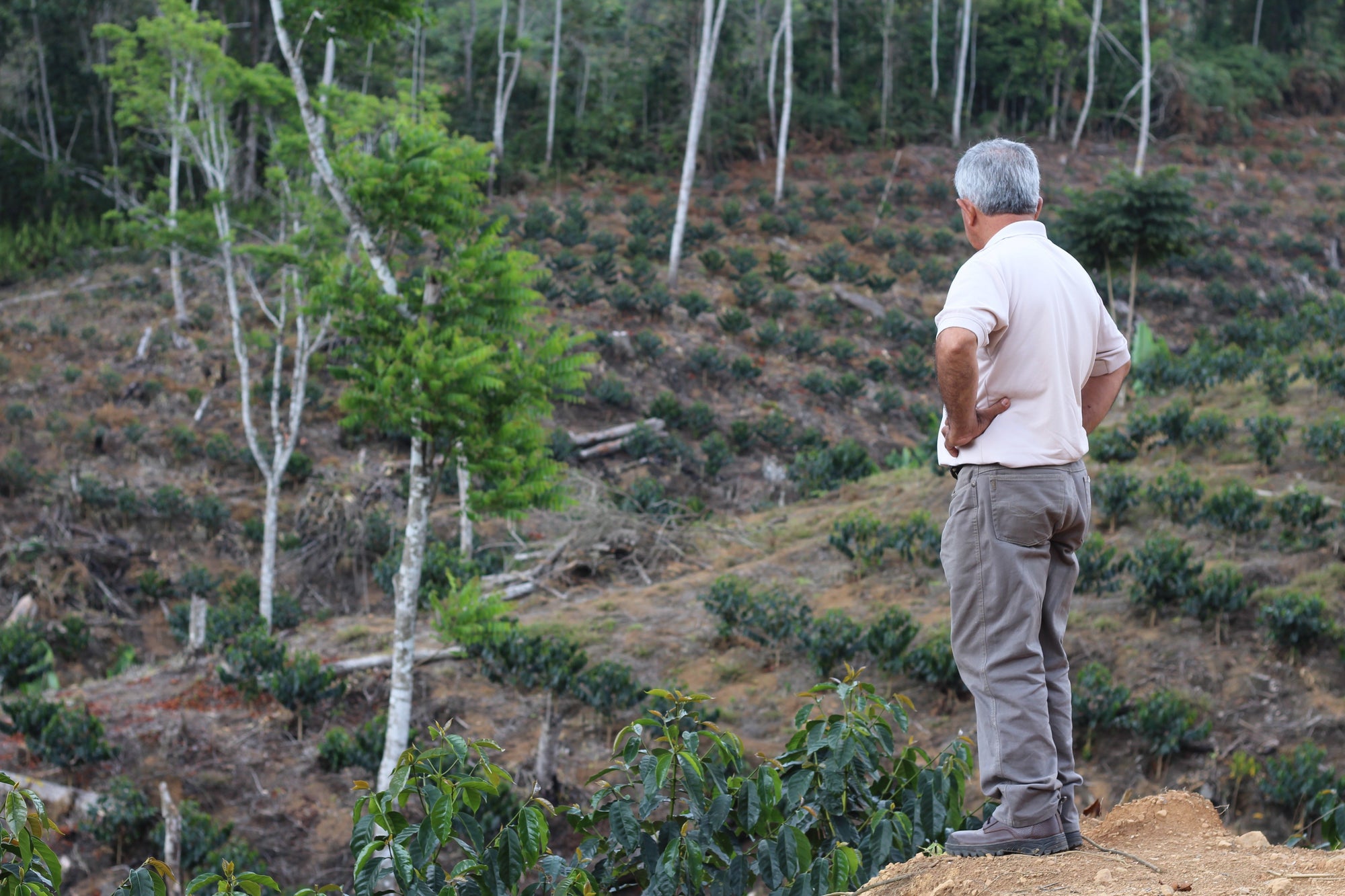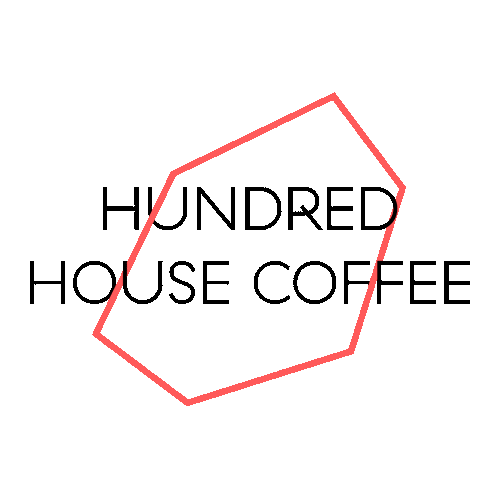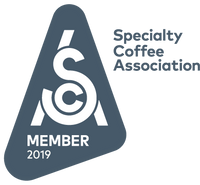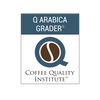
Farm Focus | Arcangel, Bolivia

Caranavi known as the capital of coffee is located in the lush forest of the Yungas region. This is where the famous Death Road follows the Andes Mountains from the dry Altiplano to the lush green forest of the Amazon jungle. This unique region has two climates and is home to the most fertile soil and consequently where the majority of coffee in Bolivia is produced nowadays. All the coffee has to travel this treacherous road to be processed and exported from La Paz. Every Wednesday in Caranavi is market day and people come in from their small communities to buy basic goods to stock up for the week; all kinds of potatoes, pastas, quinoa, vegetables, toilet paper, dried llama meat. The majority of the population here is native, and vibrant colours and bowler hats complimented this beautiful market.
Agricafe is a business owned by the Rodriguez family and has been started in 1986. By then, the family used to rent wet mills in Caranavi region, buying cherries from 2,000 producers and in 2001 they built their actual wet mill, called Buena Vista, in Caranavi. They, very quickly, built a dry mill in la Paz and then started exporting operations. In 2013, a few years after the national drop of production, they decided to buy land and start farming as well. They now have 8 farms in Caranavi region (60 ha) and 5 farms in Samaipata region (60 ha). Up to 300 people are working for the company at the peak season. They hire agronomists from different countries as consultants every year.

Since there is no wet mill at the farm, the cherries are taken to the Buena Vista mill in Caranavi, where they are processed and dried. The climate in Caranavi is very humid and is prone to long periods of rain, so the mill have started using mechanical air driers, which are temperature controlled boxes which use warm air to dry the coffee over a number of days. This drying method is very gentle and allows the mill to control it throughout, which includes turning them off during the night to rest the coffee, in order to replicate natural sun drying. All of the coffee is pre-dried on raised beds for 3 days, which allows the moisture content to equalise and to control the fermentation in the case of naturals.
Finca El Arcangel is a 10 hectare farm owned by the Rodriquez family and is located in the Bolinda community, just outside of the town of Caranavi. Arcangel is mostly planted with Caturra, with some Bourbon and Typica too, and sits at 1650masl. Having been planted in 2015, Arcangel is a very new farm and these lots are some of the first they have produced. The farm is surrounded by native forest and some of the native tree species are used as shade trees on the farm

The total farm runs on 4 hectares fully planted with coffee trees of 4 varieties: Red and Yellow Caturra and Red and Yellow Catuai under native tree shade system: citrus, papaya and avocado.
This farm was rehabilitated in 2015 with the first seedlings and the first beans harvested in 2017. The red and yellow caturras are grown separately from the other varieties, to experiment with the taste of an exclusive red or yellow cup.
The cherries are harvested and taken to Buena Vista Mill the same day where they are honey processed. After some mechanical pulping that removes part of the pulp, the beans are directly moved to raised beds for 3-4 days before being dried in mechanical dryers: big square boxes with hot air flow at the bottom. When on sunbeds, coffee is moved every 30 min in the morning and every hour in the afternoon. When on the boxes, coffee is moved every hour. The temperature in the mechanical dryers never goes over 40 degrees Celsius and MC and T are controlled at all time with MC/T meters.
When they reached 12% MC and after a few hours of resting, all coffee is bagged with Ecotact and Jute/plastic bags and sent to the dry mill in La Paz with sample bags on the side. The lots sit there in parchment until they are prepared for export.
After milling, cupping and after making sure the moisture content is around 11%, the coffee is bagged in Ecotact and jute bags before being exported through Arica port in Chile.




